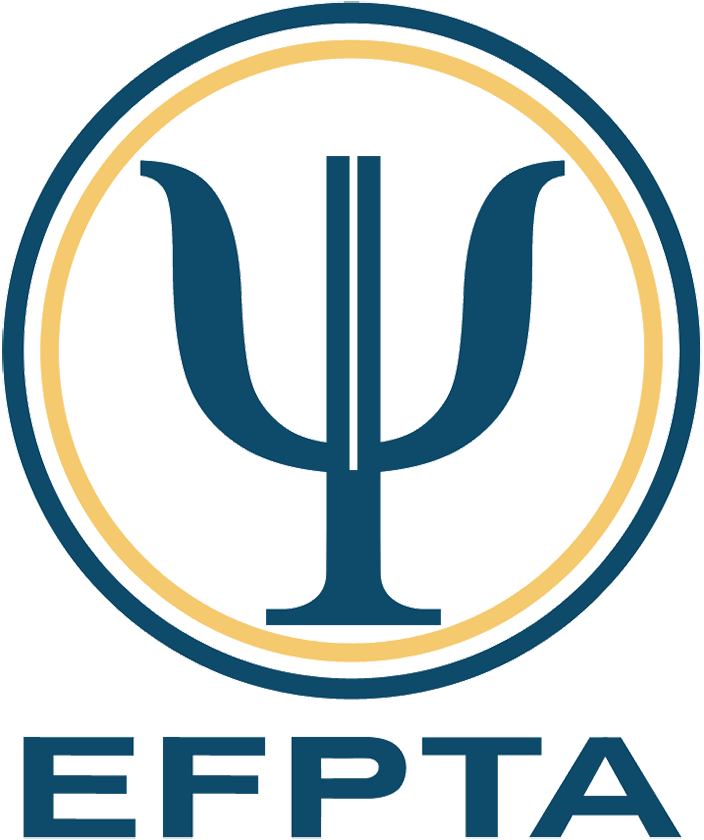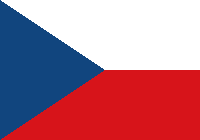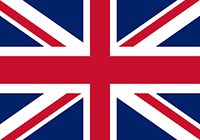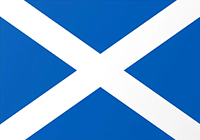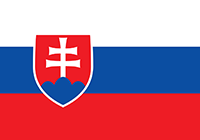EFPTA members are Member countries. In 2025, they are Belgium, Czech Republic, Denmark, England & Wales, Finland, Germany, Iceland, Netherlands, Norway, Scotland, Slovakia, Slovenia and Sweden.
Each Member country has one representative (or two joint representatives) on the EFPTA Executive Board, and they are normally representatives nominated by their national psychology teachers’ association. Some Board Members represent countries where no teachers’ association exists yet: they are usually psychology educators in schools or universities who are committed to promoting the development of psychology education in their country. The Board also includes a small number of Advisors with specific expertise. The Board meets in person twice a year, in spring and autumn, in European cities, hosted by the national association of that country. Remote participation is also available. In addition, online meetings are held two or three times a year. In addition to the association representatives and Advisors, every member of each member association is entitled to attend Board meetings if they wish, as guests.
In Belgium, education is managed by the country’s different communities (the Flemish Community, French Community, and German-speaking Community).
In the Czech Republic, teaching psychology in secondary schools is carried out in three main areas: separate subject, civic education, personality-social development.
Minimum requirement of psychology education is a minor subject university degree followed by one year of teacher training. The minor subject must include developmental psychology, cognition, social psychology and personality taught at grammar school.
In England and Wales, Psychology is one of the most popular subjects at A-level (16-19 year-olds): nearly 50,000 students per year have gained A-level Psychology in recent years. Psychology is becoming more commonly taught at GCSE level too (14-16 year-olds).
Psychology has been a subject in upper secondary schools from the Second World War. It was called soulscience for many decades. In the seventies we started to call it psychology. Initially it was offered in schools as an alternative to biology. When biology became a compulsory subject students had the opportunity to study both biology and psychology.
The German Association was founded in 1978 in Northrhine-Westfalia in order to represent the interests of high school teachers in this state* where the subject was newly established. In 1983 it was extended to the whole area of West Germany, (vocational schools included) and in 1991 activities were extended to the former German Democratic Republic so that it is now a general association open to all psychology teachers in Germany. In 2010 there were 735 members.
Psychology is first taught in upper-secondary schools for students aged 16–20 years. The curriculum for psychology teaching is prescribed by the Ministry for Education.
Despite the fact that education is already becoming more diverse, psychology is still missing from the school curriculum in the Netherlands. With the project Psychology in Education we are developing a change. We provide modules, workshops and training sessions at secondary schools and vocational schools to increase the mental well-being and awareness of students and teachers.
Psychology as a school subject is first taught in the first and second year of upper secondary school (age 16-19 years) in Norway. It is an optional subject that is not required for admission to universities.
Scotland has its own education system, which is historically different from the rest of the UK. Most students aged 15-18 years in high schools and colleges study a broad range of subjects. The qualification for university entrance is the Scottish "NQ Higher", and 3 - 5 Highers are normally required. Higher Psychology is widely taught, mainly to students aged 16-18 years, and younger students (14-16 years) can also study psychology for national qualifications. Around 3,500 students take Higher Psychology each year, and there has been consistent growth in popularity of the subject since it started in 1999.
In Slovak secondary schools the basics of psychology are taught as a part of another subject. Each student from 15 to 19 should get a brief survey of the discipline of psychology, which involves only 16 hours of teaching included in the compulsory subject Social Studies - "Náuka o spoloènosti" (this subject covers sociology, psychology, economics, law, and philosophy). Some schools offer psychology as an optional subject.
Psychology is a mandatory subject in general education and technical education (70 hours/year). It is an external examination subject for the Matura (280 hours/year). The psychology curriculum is prescribed by the Ministry of Education, and curriculum development is led by the National Education Institute of Slovenia. Psychology is one of the most popular elective subjects.
Psychology in Sweden is first taught in upper secondary school for students aged 16-20 years. The subject has been a part of the national curriculum since it was launched in 1965. The latest and current revision was 2025 (Gy25). The basic Psychology Level 1 course is compulsory for students studying the social science program and the economy program and optional on other programs. Psychology is not specifically required for admission to Swedish universities.
